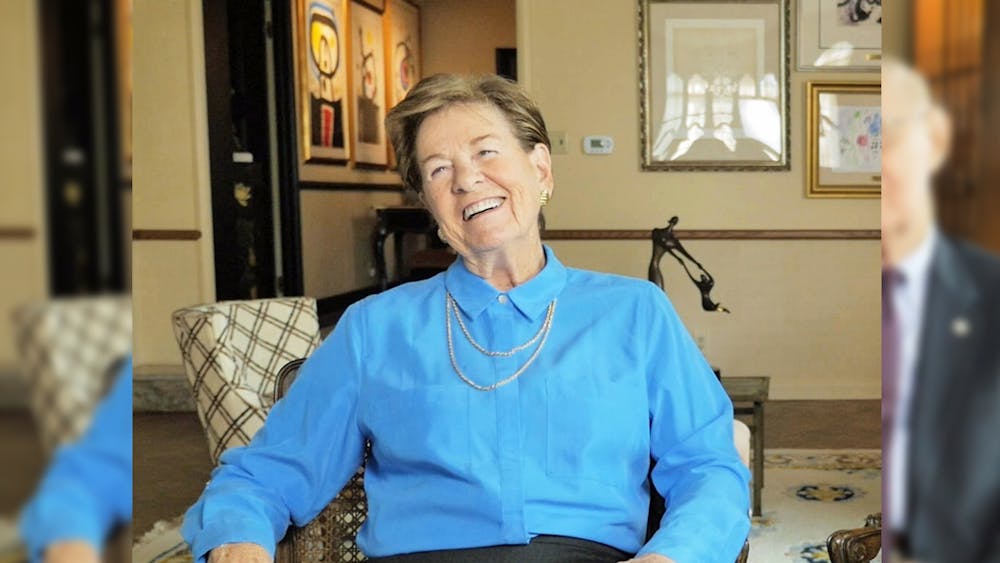While Super Tuesday might not be the Super Bowl, presidential candidates hope to come out as giants after today’s primaries.\nBut while almost half the country will vote in a primary today, Indiana still has 90 days before it gets a voice in the primaries, and by then it might be too late.\nThis has many Hoosiers, including business graduate student Ryan Brancamp, questioning the primary process.\n“The whole system is a farce,” he said. “A few certain states constantly play such an important role.”\nIndiana’s primary is May 6, three days after Guam’s. As the 45th state to hold a primary this year, Indiana wields little political power.\nIU Political Science Assistant Instructor Tim Rich said Indiana’s late primary means students are less likely to get involved with the election on a grassroots level.\n“It’s hard to get excited, even if you’re in the middle of the pack,” Rich said.\nRich said the primary system evolved after riots and controversies erupted when nominees were chosen directly at the national committee meeting.\nAs a result, each state holds its own primary, and those are staggered throughout several months. Rich said it’s in parties’ interests to put swing states near the front of the primary cycle.\nMany students believe that if Indiana had an earlier primary, it would receive campaign time usually forgone in the general election.\n“It would force candidates to actually come to Indiana, which, for the longest time, Indiana has kind of been left out,” junior Brad Schiesser said.\nGraduate student Emily McClean, who grew up in Bloomington, said because Indiana usually votes Republican in the general election, Democrats do little campaigning here.\n“Nobody really cares about Indiana because they assume it is a red state,” McClean said. “That kind of stinks for people in Bloomington, even though Bloomington is this little blue nucleus.”\nSchiesser said the current primary process is not the best possibility. He suggested three or four big days of primaries, but Rich said there are legitimate reasons for having such a spread out process, and that in a short process “you don’t get much of a campaign.”\n“Total flukes could pop up,” Rich said. “In theory, most years you can win the first or second primary and still blow it.”\nRich said there is a very good chance the nominees will be solidified after the national elections on Super Tuesday, especially on the Republican side.\nBrancamp said this is what will keep him and students like him from getting as involved in the primary process.\n“By the time the Indiana primaries float around in May, what’s the purpose of going?” he asked.
Super Tuesday leaves Indiana without vote
Get stories like this in your inbox
Subscribe





